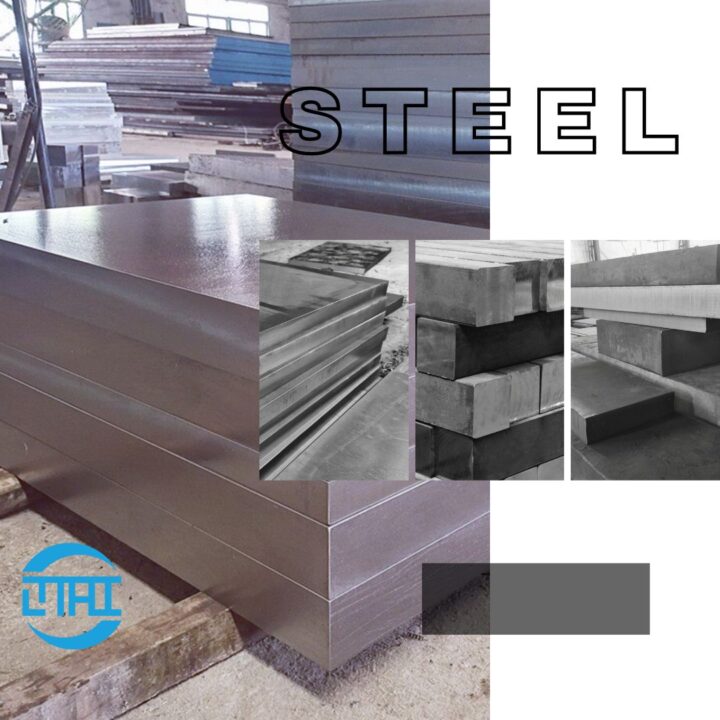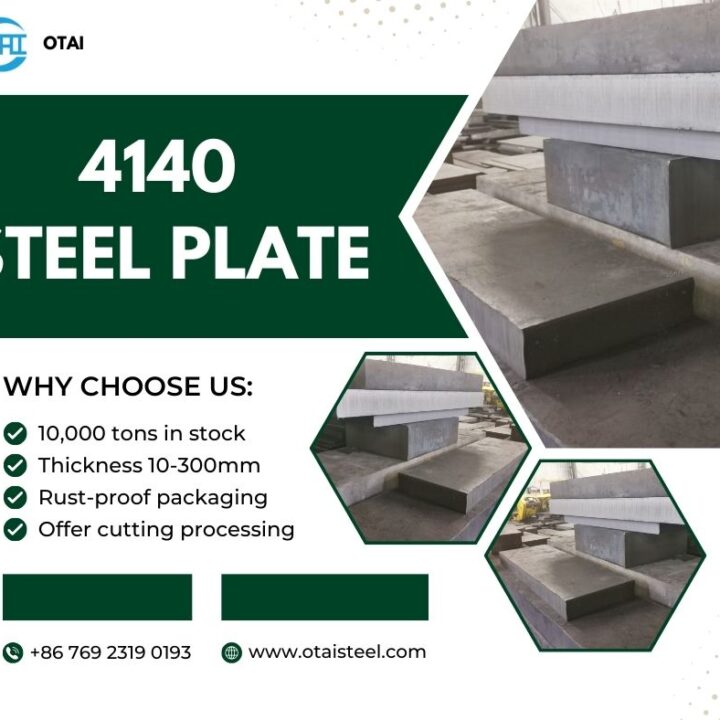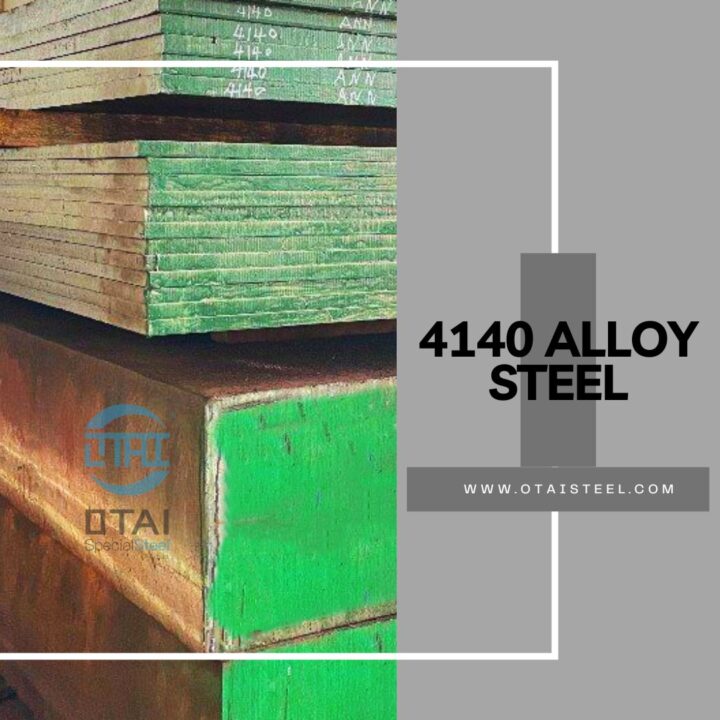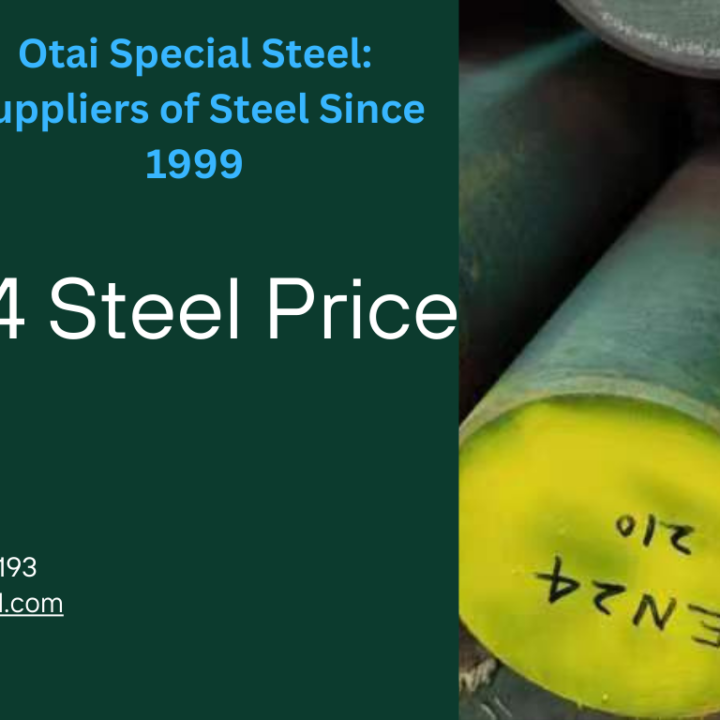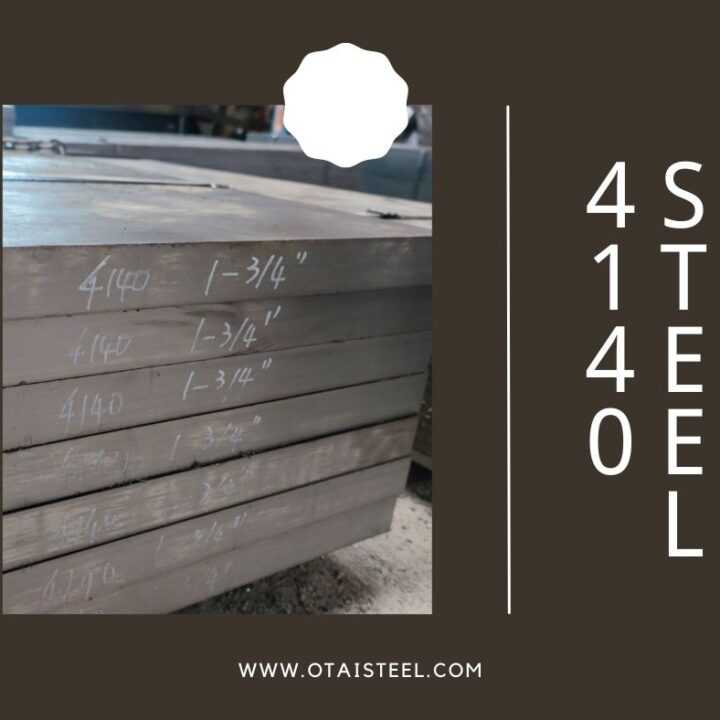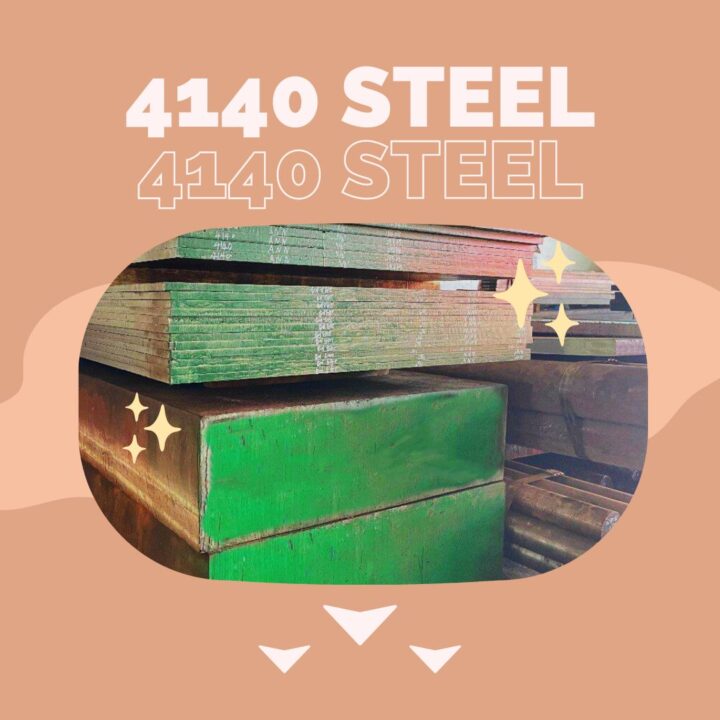4140 alloy steel is a versatile and widely used material known for its exceptional strength, toughness, and wear resistance. It belongs to the family of low-alloy steels and contains chromium, molybdenum, and manganese as key alloying elements. This article aims to explore the price dynamics of 4140 alloy steel, its various applications, and factors to consider when purchasing it.
Applications of 4140 Alloy Steel
The automotive industry extensively utilizes 4140 alloy steel in the manufacturing of critical components such as crankshafts, gears, and axles due to its high tensile strength and impact resistance. Similarly, the aerospace industry relies on its exceptional fatigue resistance and load-bearing capabilities for the production of aircraft landing gears, engine components, and structural parts.
In the construction industry, 4140 alloy steel finds application in the production of heavy machinery, structural supports, and specialized tools. Moreover, the oil and gas industry benefits from its high strength and corrosion resistance properties, using it for drill collars, downhole tools, and pipeline equipment.
Factors Affecting 4140 Alloy Steel Price
Several factors contribute to the price fluctuations of 4140 alloy steel. Supply and demand dynamics play a crucial role, as an increase in demand or limited supply can drive prices up. Additionally, raw material costs, including the prices of chromium, molybdenum, and manganese, directly influence the overall cost of production. Market competition and economic factors such as inflation and currency exchange rates also impact the final price.
Pricing Trends of 4140 Alloy Steel
To understand the pricing trends of 4140 alloy steel, a historical price analysis is essential. Over the years, the price has experienced fluctuations and volatility due to various factors. Global events like changes in trade policies, natural disasters, and geopolitical tensions can lead to significant price variations. Monitoring these trends and anticipating market movements is crucial for buyers and sellers in the industry.
Factors to Consider When Purchasing 4140 Alloy Steel
When purchasing 4140 alloy steel, several factors should be considered. Firstly, the quality of the steel and relevant certifications ensure that the material meets the required specifications. Supplier reputation and reliability are crucial to ensure timely delivery and consistent quality. Packaging and delivery options should also be evaluated to prevent any damage during transportation. Lastly, excellent technical support and responsive customer service enhance the overall buying experience.
Tips for Finding the Best Deals on 4140 Alloy Steel
To secure the best deals on 4140 alloy steel, buyers can follow a few tips. Researching multiple suppliers and obtaining quotes from them allows for price comparison and negotiation. Bulk purchasing options often lead to discounted prices, especially when buying large quantities. Online marketplaces offer a wide range of suppliers, facilitating easy access to competitive pricing and product information.
4140 alloy steel is a highly versatile material that finds applications in diverse industries, ranging from automotive to aerospace, construction, and oil and gas. Understanding the price dynamics and factors affecting it is essential for buyers and sellers in this industry. By considering various aspects such as quality, supplier reputation, and cost-effective purchasing strategies, businesses can make informed decisions and acquire 4140 alloy steel at competitive prices.
